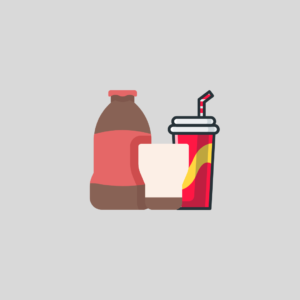Cool drinks, sodas, fizzy beverages—call them what you will, these effervescent concoctions have become a ubiquitous part of modern life. While they offer a refreshing escape from the ordinary, it’s essential to explore both sides of the coin when it comes to indulging in these bubbly delights. In this blog, let’s dive into the advantages and disadvantages of drinking cool drinks.

Advantages:
- Instant Refreshment:
- One of the most immediate perks of cool drinks is the instant refreshment they provide, especially on a hot day. The cold temperature and effervescence can be invigorating, offering a quick pick-me-up.
- Variety of Flavors:
- Cool drinks come in an array of flavors, catering to diverse taste preferences. From classic colas to fruity blends, the variety allows consumers to choose based on their personal liking.
- Social Enjoyment:
- Sharing a cool drink is often a social activity. Whether at parties, gatherings, or simply with friends, the act of clinking glasses and sipping on a fizzy beverage adds a sociable element to many occasions.
- Caffeine Boost:
- Some cool drinks contain caffeine, providing a mild energy boost. This can be advantageous for those seeking a quick source of alertness without the intensity of coffee.
Disadvantages:
- High Sugar Content:
- One of the most significant drawbacks of cool drinks is their high sugar content. Regular consumption can contribute to excessive calorie intake, leading to weight gain and an increased risk of conditions like diabetes.
- Artificial Additives:
- Cool drinks often contain artificial flavors, colors, and preservatives. Regular exposure to these additives may have long-term health implications and could contribute to allergies in some individuals.
- Acidic Nature:
- The acidity in cool drinks can be harmful to dental health. Continuous exposure to acidic beverages may erode tooth enamel, leading to cavities and other dental issues.
- Dehydration:
- Contrary to their reputation as thirst-quenchers, many cool drinks can contribute to dehydration. The caffeine and sugar content may have diuretic effects, increasing the need for water to maintain proper hydration.
Conclusion: While cool drinks undoubtedly offer a quick and enjoyable respite, it’s crucial to consume them in moderation. Being aware of the potential drawbacks, such as excessive sugar and artificial additives, empowers individuals to make informed choices about their beverage habits. Balancing the refreshing aspects with an understanding of the potential health implications allows for a more conscious and mindful approach to enjoying cool drinks.
